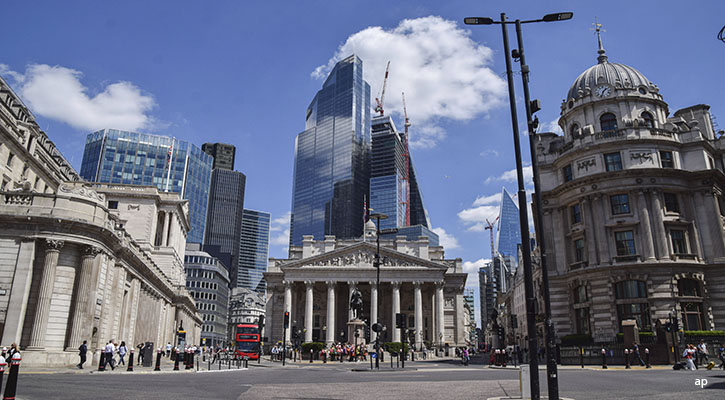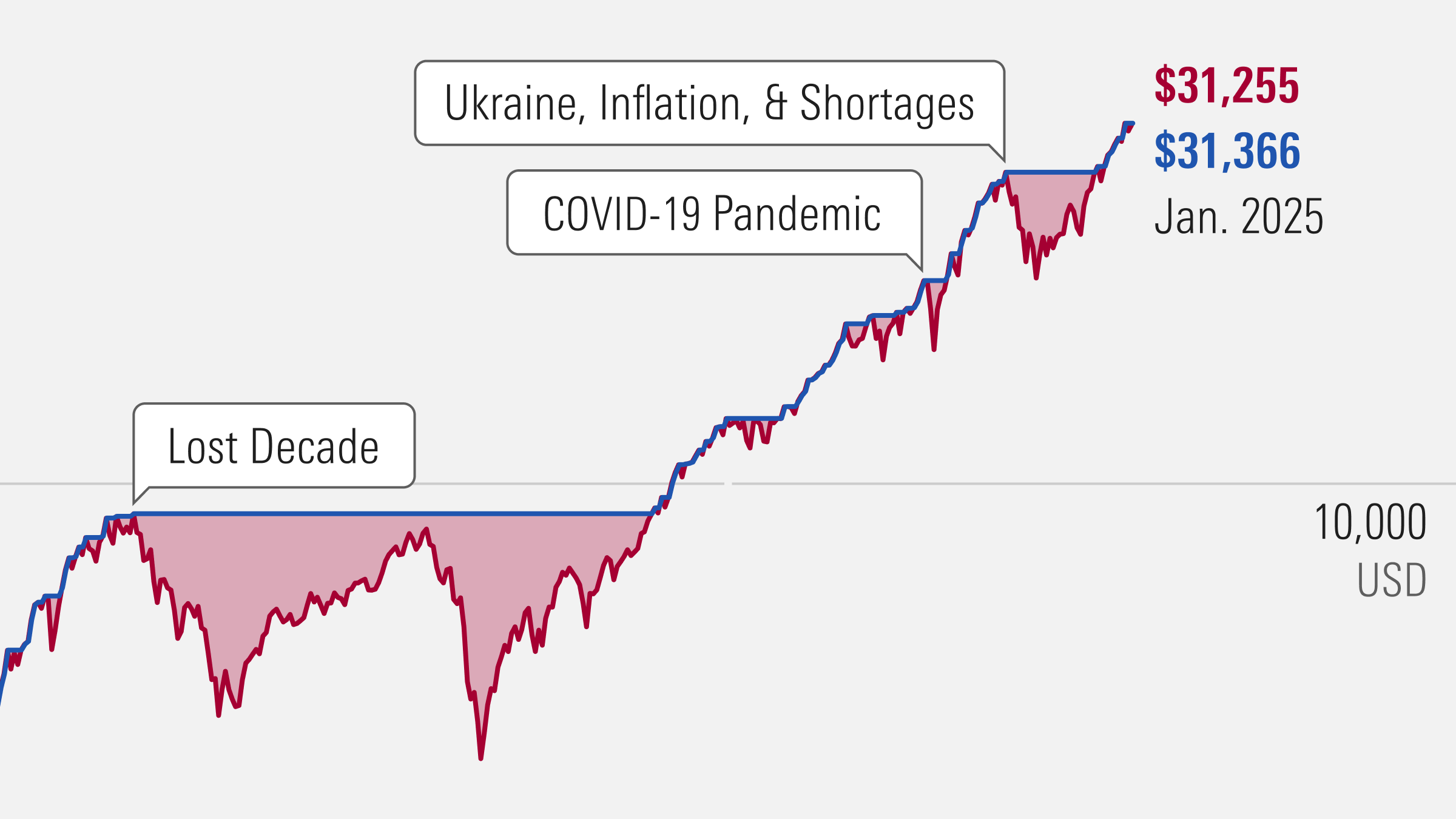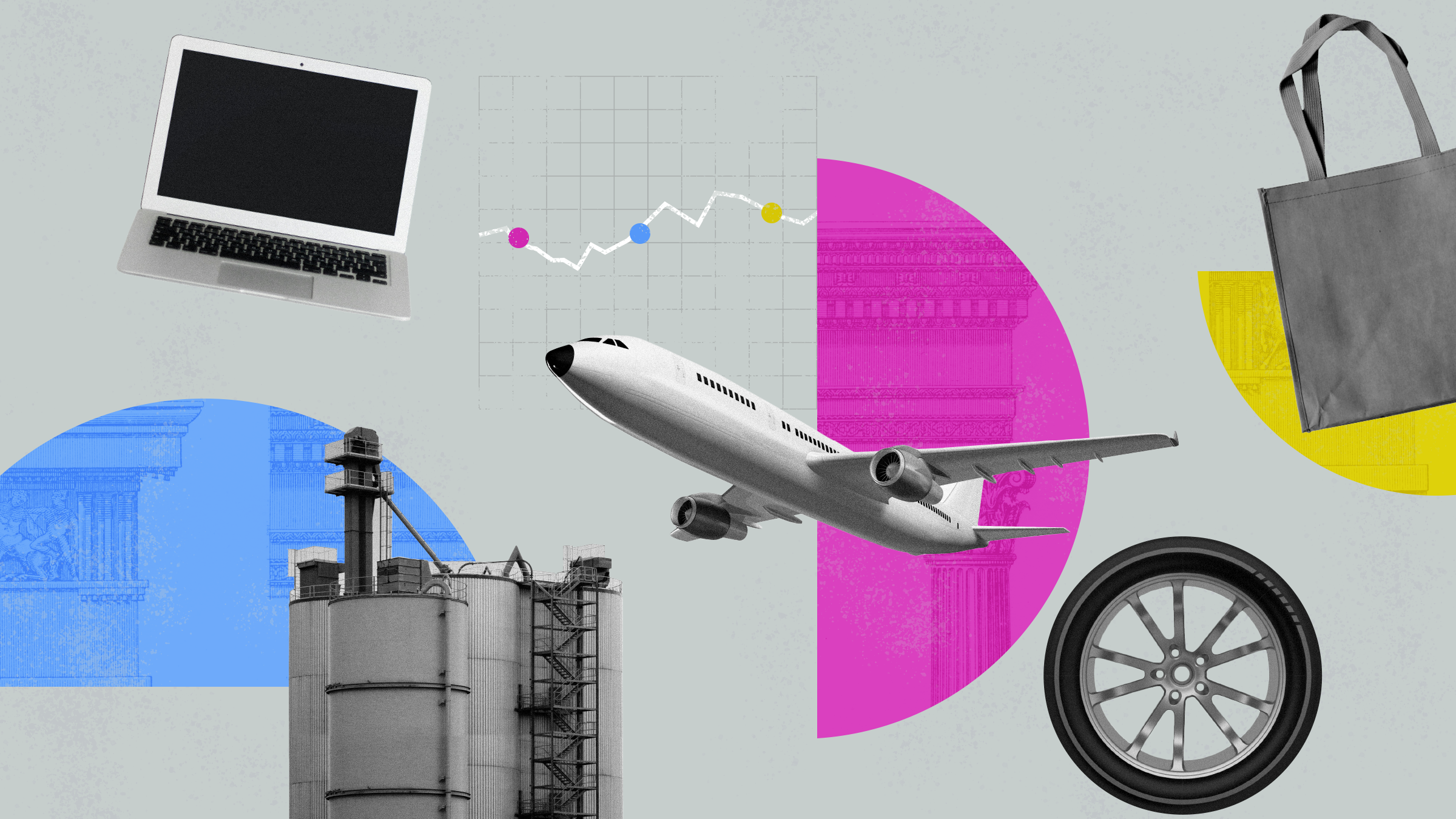
The UK inflation rate raced to 9.4% in June, figures on Wednesday showed, beating market forecasts and piling further pressure on the Bank of England.
The annual pace of price increases accelerated from 9.1% in May, based on consumer price inflation (CPI). According to the Office for National Statistics, the June reading was the hottest annual inflation rate in its latest series, which began in 1997. Inflation was last this high in 1982, the ONS added.
A year earlier, the inflation rate was 2.5%. There has been an acceleration in annual inflation every month since last October.
On a monthly basis, consumer prices rose 0.8% in June, picking up pace from 0.7% in May.
Meanwhile, factory gate inflation also stepped up. Producer input prices surged 24% annually in June, accelerating from 22% in May and setting the highest figure since records began in January 1985.
Producer output prices rose 17% yearly in June, picking up from 16% in May. June's annual inflation figure was the highest rate since September 1977.
Threadneedle Street Under Pressure
The latest inflation readings put the Bank of England under the spotlight. It’s not meeting this month but on August 4, where a chunky rate rise is expected. The European Central Bank is expected to make its first rate rise since 2011 on Thursday, while the Federal Reserve is meeting next week.
BoE governor Andrew Bailey on Tuesday mooted a possible 50 basis point interest rate hike next month. The Bank raised rates from 1% to 1.25% in June, but reiterated that the inflation balloon could be brought back down to earth.
“Monetary policy will ensure that, as the adjustment to these shocks occurs, CPI inflation will return to the 2% target sustainably in the medium term,” the statement in June said.
At the annual Mansion House speech in the City of London on Tuesday, Bailey said a 50 basis point rise – from 1.25% to 1.75% – would be one of the options for the Monetary Policy Committee.
So far, the UK central bank has opted for smaller interest rate rises, although some of the MPC members have argued for quicker rate rises.
"A 50 basis point increase will be among the choices on the table when we next meet," Bailey said, adding: "50 basis points is not locked in, and anyone who predicts that is doing so based on their own view."





























